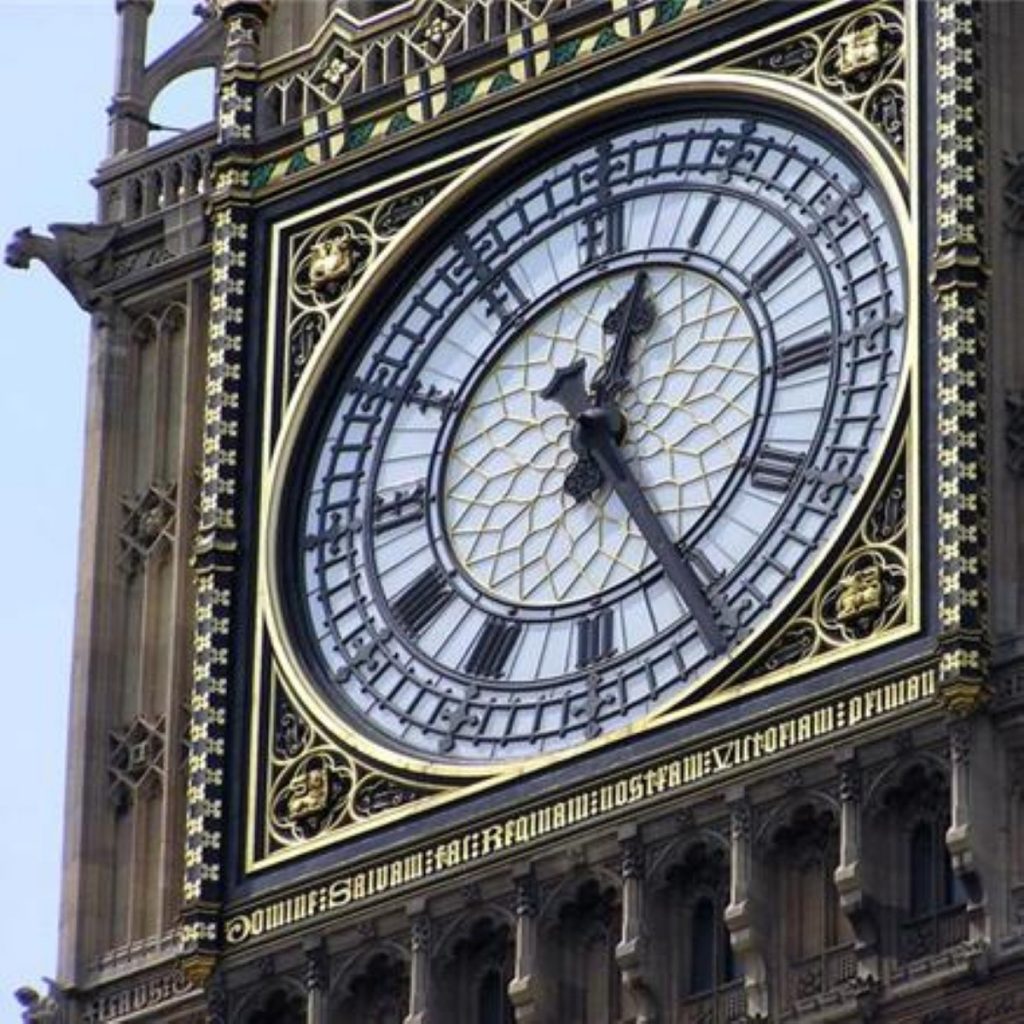Eastleigh damage report: The winners and losers of a gripping by-election fight
Conservatives
It is hard to envisage a more disastrous situation for David Cameron. As David Davis said yesterday: "I think if we came third it would be a crisis. I think that's the case, and if it's a close second with Ukip on our tail it will also be uncomfortable." Cameron's fundamental lack of authority with his backbenchers is only partly a policy matter. It is primarily a result of the feeling that he is simply not a winner. He failed to win a Tory majority after over four years of preparation against a deeply-unpopular Labour government. Now he has failed to win one of the party's top ten target seats.
Without the ability to take 20 seats off the Lib Dems the Tories' hopes for a majority in 2015 seem optimistic to say the least. Worse – the result comes after the Tories lost their chance at winning extra seats via the constituency boundary review. Without a credible plan to win the election, backbenchers will be even more rebellious. Paradoxically, this makes it even less likely they can win as the public typically rejects disunited parties.
There is an irony to the Conservative Eastleigh result. The party tried to out-Ukip Ukip with a hardline message on Europe, immigration and welfare. They stole their colours and painted fliers purple. It didn't work. Even Cameron's pledge of an EU referendum didn't prevent today's disaster.


Backbench demands for the party to shift to the right to counter the Ukip threat therefore seem unwise. Nevertheless, these figures are unlikely to tolerate a shift back to the centre. The message from Eastleigh is precisely the opposite of what backbenchers will demand, but they will demand it anyway. Cameron is now faced with an impossible dilemma – tack right and lose the electorate, or tack to the centre and lose your backbenchers.
Liberal Democrats
Two-thirds of the Lib Dems' marginal seats are against Tories and a third against Labour. No-one in or out of the Liberal Democrat party expects the party to keep seats it is contesting against Labour – left-wing voters are far too horrified by the coalition's austerity programme to support them again. But tonight's showing suggests the Lib Dems can, to some extent, rely on the incumbency factor to fight off a collapse in the south.
Party strategists will also take heart that the win comes after Chris Huhne's guilty plea and the Rennard scandal. It shows voters back the party on local issues and are prepared to ignore the national picture. The result also suggests tactical voting will still play a big role in 2015 as lefty voters hold their nose and vote Lib Dem in Lib-Con marginals where Labour has no hope of winning.
With this result, Nick Clegg becomes substantially less likely to face a leadership threat before 2015.
However, there are major caveats to the Lib Dem performance. They shed 2,093 votes from their 2010 performance – roughly in line with their national polling. If it wasn't for Ukip splitting the Tory vote, they would have been out on their ear. This is a cause for relief, not celebration.
Ukip
It's tempting to consider this result the moment the eurosceptic party came of age. After a decade of threats it is finally splitting the right-wing at a Westminster level, rather than just for European elections. As Nigel Farage cheekily told the BBC: "If the Conservatives hadn't split our vote we'd have won, wouldn't we?"
The party is now able to claim to be more than just a one-man-band. Candidate Diane James ran an effective, well-organised campaign. Ukip is no longer all about Farage.
However, the party always faces difficulties when it runs during general elections and it will continue to do so. In 2015 the Tories will tell voters that a vote for Ukip will let in Ed Miliband. That option wasn't open to them here.
For now, however, Ukip is in a perfect situation: taking anti-politics votes from people who want to stick two fingers up to the establishment, taking right-wing votes from people angry with the EU and immigration and taking disillusioned Tory voters as well.
Labour
Miliband's 'one nation' message clearly does not include Eastleigh and the slim 0.2% increase in the party's share of the vote suggests Her Majesty's official opposition is getting little traction in the south. The fundamental Labour problem remains: voters might not like the coalition, but they're unconvinced the two Eds would do any better.
However, the critical coverage of Labour's performance is slightly misplaced. Whichever party is in third or fourth place in a by-election is likely to get squeezed. It's hardly a glorious moment for Miliband, but it's not a horror show either.
The Lib Dem win, meanwhile, is great news. It will drive the Tory backbenchers into a frenzy and worsen coalition relations – both factors which play to Miliband's advantage.
Most importantly, it suggests the Lib Dem vote might hold up against the Tories but collapse against Labour. That is exactly what's required for Miliband to get the keys to No 10. The editorials will be damning, but Labour high command will feel relatively smug.









